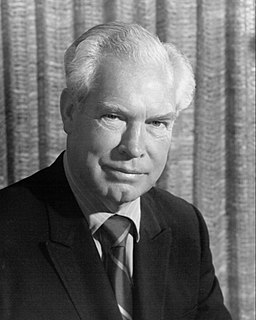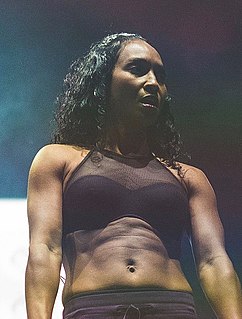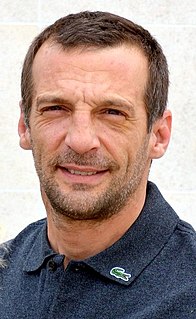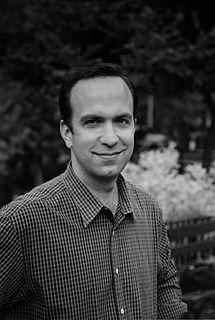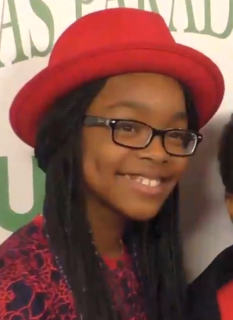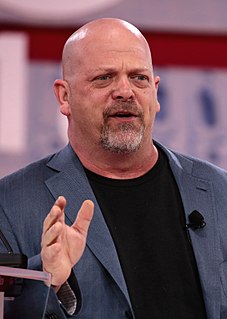A Quote by Charlize Theron
A while back there was this fad where a big star [would get] a producing credit and you'd ask around, and people were like, "No, they didn't produce, they just took the credit." I was flabbergasted. So when I started, people were weirded out by the fact that I was like, "How long is our prep? I'll come a week before that." They were like, "We're not shooting for six weeks."
Related Quotes
When I was in the writers' room, all these writers were like, "Ugh, another star that they gave a writing-producing credit to." But then within like an hour, they were like, "You're really a writer." "Yeah, I really am. I'm a writer, and a director, and a producer, and an actor, and a painter, and I do all that stuff in the Lush Life." It was great.
Shooting at Quentin Tarantino movie was like a masterclass in directing. Although I went back literally right into rehearsal, started shooting... while I was doing it I had to write my Grindhouse trailer and I added two days of shooting. My brother was producing Hostel and the Grindhouse trailer and I was like: "Gabe, just figure this out!"
When I was young I was on punishment a lot and I used to watch a lot of TV, and I asked myself a question: 'How come people like Mike? How come they like Magic? How come they like Bird? How come they don't like the big guys?' So I just throw a little bit of what they were doing. You smile, you act crazy and silly. And I think people like me because I'm different. I've always been a class clown type of guy. It comes natural.
One of many problems with survey research in general is that you can only survey the survivors. In other words, if you were to do a survey of people who were known to have played Russian Roulette and you sent out the questions before the time they were going to play and then you come back six months after they played Russian Roulette, you would probably discover that among the people who did come back there was no harm done.
Before the church responded, a lot of people would ask us, 'Are you afraid of what the church would say?' And Trey and I were like, 'They're going to be cool.' And they were like, 'No, they're not. There are going to be protests.' And we were like, 'Nope, they're going to be cool.' We weren't that surprised by the church's response. We had faith in them.
I don't know if any of you feel this way, but it's like eventually, you see a woman come on screen and you go, "Oh, thank God!" You just sort of need a break from all this testosterone, which happened, I think, in one of my films, The Hurt Locker. I was in it for like five minutes, and people were like, "You were in that movie!" And I was like, "Well, kind of." And they were like, "No, you were!" 'Cause they needed a woman!
How many boys like him were out there in the ether, holding on to their big brothers and sisters who were still alive? How many husbands were floating between life and death, clinging to their wives in this world? And how may millions and millions of people were there in the world like Charlie who wouldn't let go of their loved ones when they're gone?
My parents took a chance and sacrificed their jobs and a big move to California. And they were like, 'Are you sure you want to do this? We're literally packing up this whole house.' And I would always say, 'Yeah.' I'm six years old. And they were like, 'OK, if she wants to do this and this is her passion, then let's do it.'
Happiness is not like we were walking around fingering razor blades or anything like that. But it just sort of seems as if - we sort of knew how happy our parents were, and we would compare our lives with our parents and see that, at least on the surface or according to the criteria that the culture lays down for a successful, happy life, we were actually doing better than a lot of them were.
I'm young. You can't just sit there and be satisfied. People are like, "You've got all these number ones!" "Yeah...what else?" It all translates into money, and that's how people think of being successful, but my success, I feel like, is credit - credit for a good job. I haven't even gotten a Grammy, yet I've already decided I want an Emmy.


